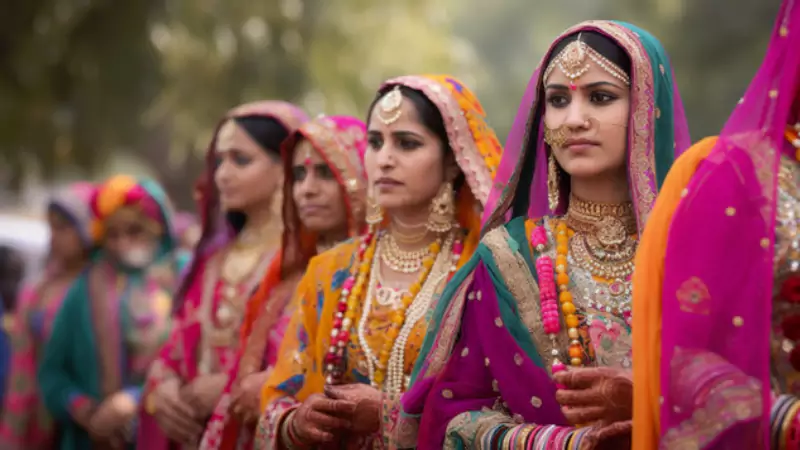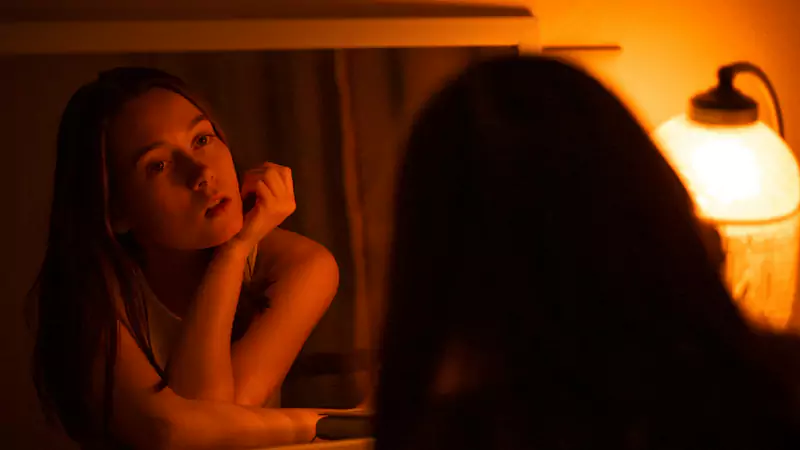Jugni. They say she’s a firefly. Hah. Don’t believe that lie. She’s no insect fluttering around lamps. She’s a Punjabi woman—mouth sharp, fists ready, heart wild. A rebel. A storm in a dupatta. Brave like her Sikh brothers, but braver because she fights the world while the world fights her back twice as hard.
She’s still here. In folk songs, in Bollywood beats, in dholki sessions. An untouchable mystery woman. Or maybe she’s sitting quietly in every Sikhni’s chest, waiting to explode.
Alam Lohar gave her that glow, that aura of magic. His son Arif went Sufi with it, stripped her of flesh and turned her into pure spirit:
Ae way Allah waliyan di Jugni ji
(She’s the spirit of the messengers of God)
Ae way Nabbi pak di Jugni ji
(She’s the Prophet’s spirit)
Ae way Maula Ali wali Jugni ji
(She’s Ali and his followers)
Ae way merey pir di Jugni ji
(She’s my saint)
Ae way sarey sabaz di Jugni ji
(She’s the essence of all His teachings)
Beautiful, yes. But tell me—where’s the woman? Maybe she’s invisible, maybe she’s tucked away inside every Punjabi woman this patriarchal circus has tried to silence.
Crack open Mahan Kosh and Jugni is just a necklace. A trinket. But you know what happens in poetry—woman and ornament become one. Jugni is both jewel and the neck that wears it.
Some say she’s a ghost of love. A girl who lost her man, still wandering through villages, calling his name. History leaves her blurry, somewhere between Kashmir’s mountains and Cholistan’s sands.
And then there’s Jugni the fighter. Ballads of 1857 sing her smashing enemies with a brick:
Meri Jugni da dagga ek,
(The triumph of my Jugni)
Es ne phadd li hathh wich itt,
(She picked up a brick)
Maari vairiyan de sir vich,
(Smashed it on the enemy’s head)
O phai meri Jugni O…
(O brother, oh my Jugni)
Was it real? Was it myth? Doesn’t matter. Jugni has always been part truth, part dream.
What is real is 1906. Two poor singers—Manda and Bishna. Illiterate, starving, but with tongues sharp as blades. The British were celebrating “Jubilee” while people in Punjab died hungry. The singers mispronounced it—called it “Jugni.” Through her, they mocked the empire. Crowds gathered, laughed, sang, roared. The British didn’t like that. They killed Manda and Bishna, buried them in nameless graves. But Jugni? She refused to die.
Their Jugni still burns:
Jugni jaa vaarhi Majithe,
(Jugni went to Majitha)
Koi rann na chakki peethe,
(No woman is grinding flour)
Putt gabru mulak vich maare,
(The young men are being killed)
Rovan akhiyaan par bulh hi seete,
(Eyes are crying but lips stay sealed)
Phir mereya oye Jugni aayi aa,
(Oh God, Jugni has arrived)
Ehnan kehrhi jot jagayi aa.
(But what light has this torch even lit?)
Fast forward—Bollywood grabs her. In Queen, Jugni is the girl who breaks free and dances alone. In Highway, she’s Patakha Guddi, a soul that runs wild into the arms of God. In Tanu Weds Manu, she’s the rebel who doesn’t give a damn about your rules.
See the pattern? Jugni refuses to be caged. She shapeshifts—lover, fighter, saint, ornament, rebel, anthem. She’s colonial resistance, she’s Sufi breath, she’s heartbreak, she’s defiance. She’s every Punjabi woman who refuses to stay shut.
Jugni is me. Jugni is you. Jugni is forever.




Leave a Comment